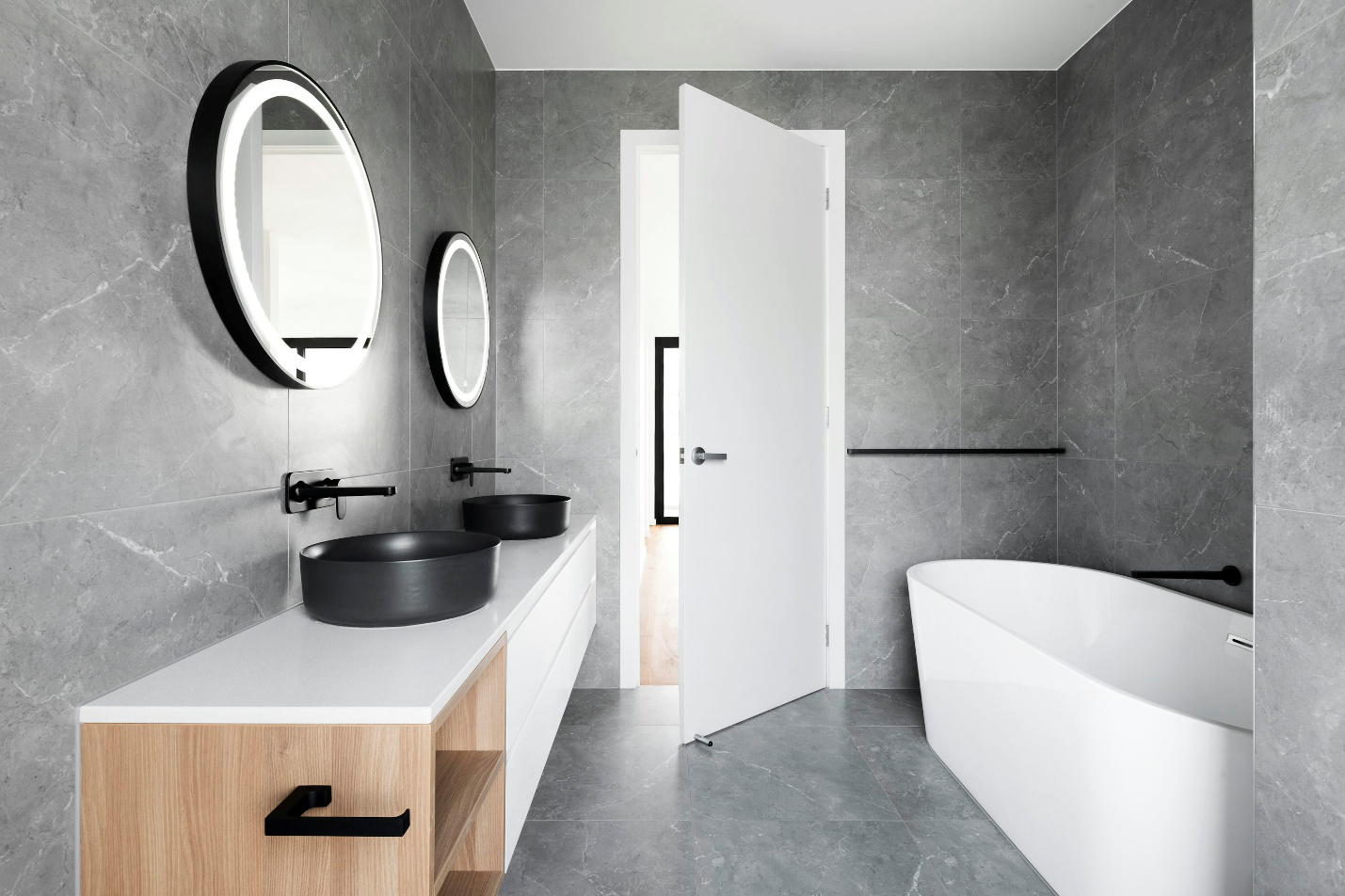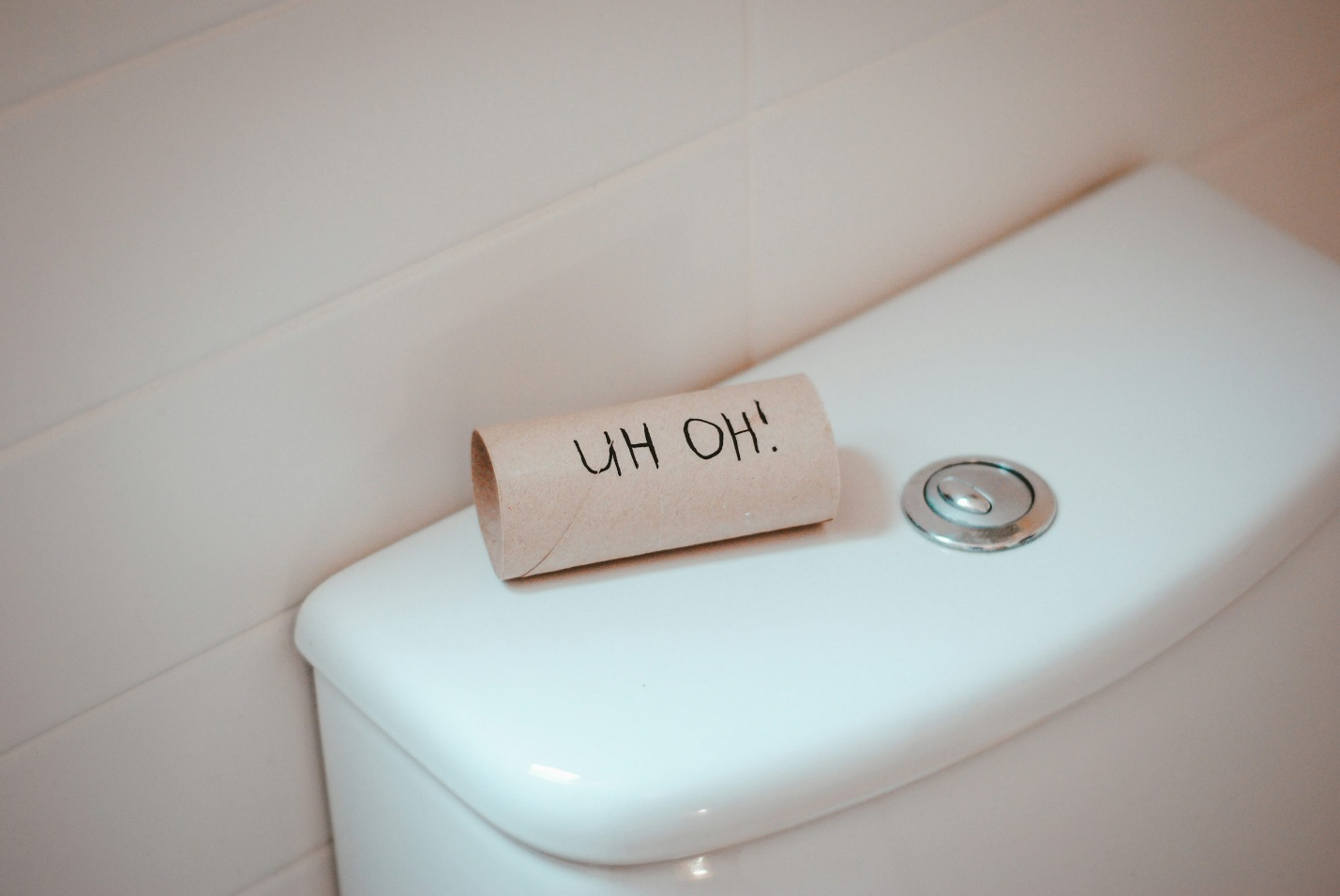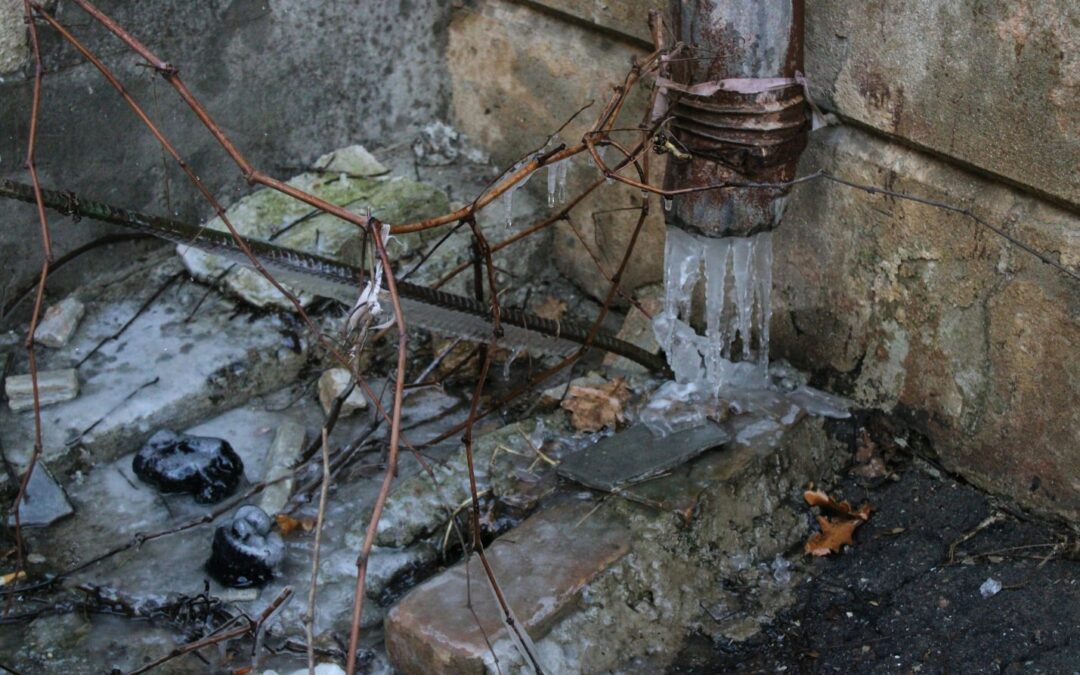When winter temperatures in Apple Valley plummet, frozen pipes become a common concern for homeowners. Without proper precautions, frozen pipes can burst, leading to costly water damage and repairs. Taking proactive steps to prevent freezing can save you time, money, and stress during the coldest months of the year. Here’s expert advice by a licensed plumbing contractor on how to protect your home’s plumbing from freezing temperatures.
Why Frozen Pipes Are a Problem
When water inside pipes freezes, it expands, putting immense pressure on the pipe walls. This pressure can cause the pipe to crack or burst, releasing water into your home. Frozen pipes are not only inconvenient but can also result in expensive repairs and damage to walls, floors, and insulation.
Preventing frozen pipes should be a top priority for Apple Valley homeowners during winter. With the right preventative measures, you can keep your plumbing in good condition and avoid unnecessary emergencies.
Insulate Your Pipes
Proper insulation is one of the most effective ways to protect your pipes from freezing. Focus on pipes in unheated areas such as basements, crawl spaces, attics, and garages. Foam pipe insulation sleeves are affordable and easy to install, providing a protective layer to help maintain water temperature.
For added protection, consider heat tape or heating cables. These tools wrap around pipes and provide consistent heat to prevent freezing. Be sure to follow manufacturer instructions and check these devices regularly for proper operation.

Keep Your Home Warm
Maintaining a consistent temperature in your home is essential for preventing frozen pipes. Keep your thermostat set to at least 55°F, even if you’re away from home. Open cabinet doors under sinks to allow warm air to circulate around pipes, especially in colder rooms or against exterior walls.
If you’re planning to leave home for an extended period, ask a neighbor to check on your property or shut off your main water supply and drain your pipes. This precaution ensures no water remains in the lines to freeze.
Seal Air Leaks
Cold air entering your home through cracks and gaps can cause pipes to freeze, even in heated areas. Inspect your home for air leaks near pipes, including around windows, doors, and vents. Seal these openings with caulk or weatherstripping to keep warm air inside and cold air out.
Pay special attention to areas where pipes penetrate walls or floors, such as under sinks or behind appliances. Foam insulation or expanding spray foam can effectively close these gaps.
Allow Faucets to Drip
Allowing a small trickle of water to flow through your faucets can prevent freezing. Running water is less likely to freeze than standing water. When temperatures drop significantly, open the faucet connected to at-risk pipes, such as those in exterior walls or unheated areas.
While this method may slightly increase your water bill, it’s a small price to pay compared to the cost of repairing burst pipes. Be sure to open both the hot and cold taps for maximum protection.

Protect Your Plumbing This Winter
Taking steps to prevent frozen pipes in Apple Valley ensures your plumbing system stays in good condition throughout the winter. By insulating pipes, sealing air leaks, maintaining consistent temperatures, and preparing for emergencies, you can avoid costly repairs and disruptions to your daily life.
For expert plumbing assistance, trust Do It Right Plumbing. Whether you need leak detection services, clogged drain repair, or sewer line replacement, our team provides reliable plumbing services in Apple Valley.

